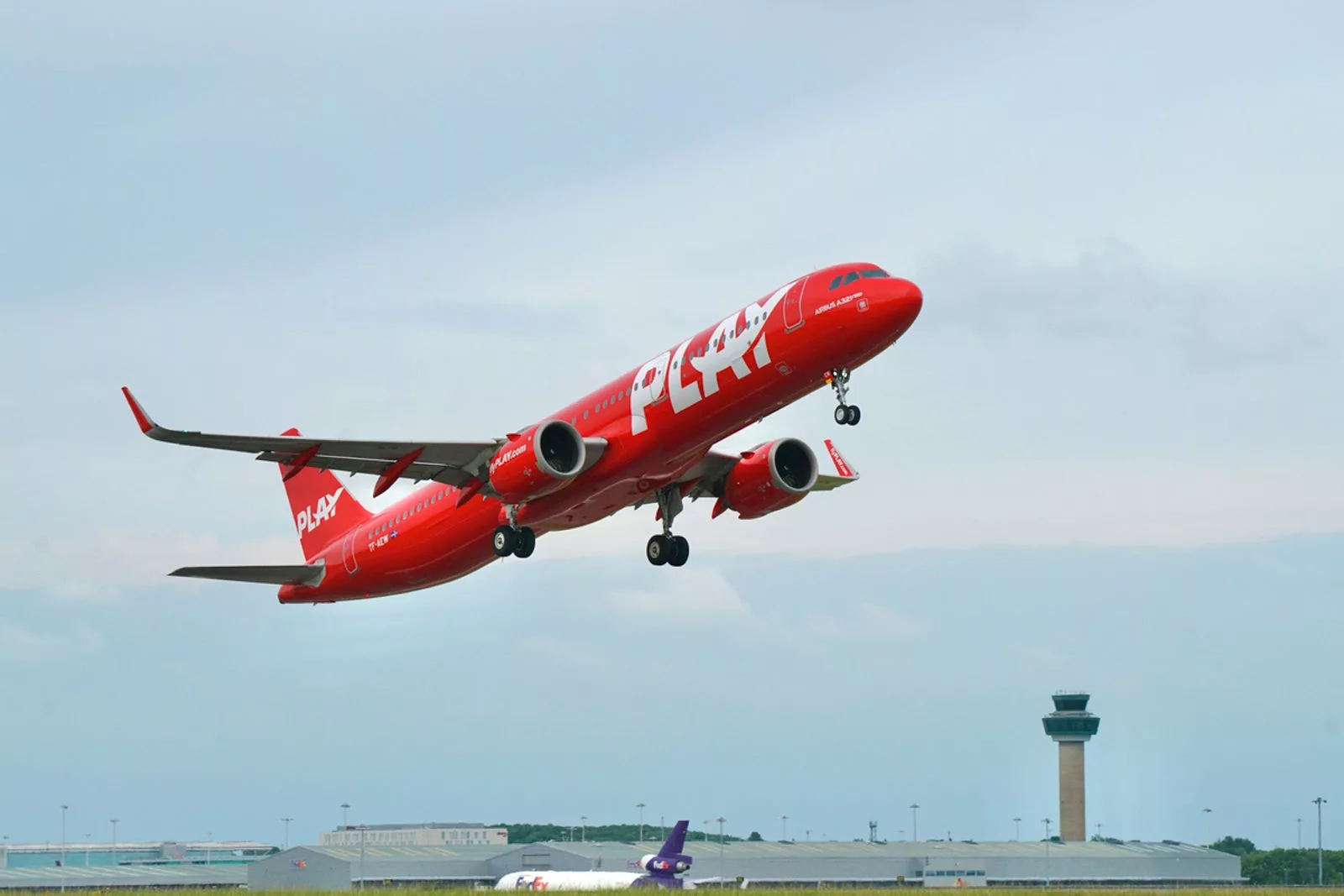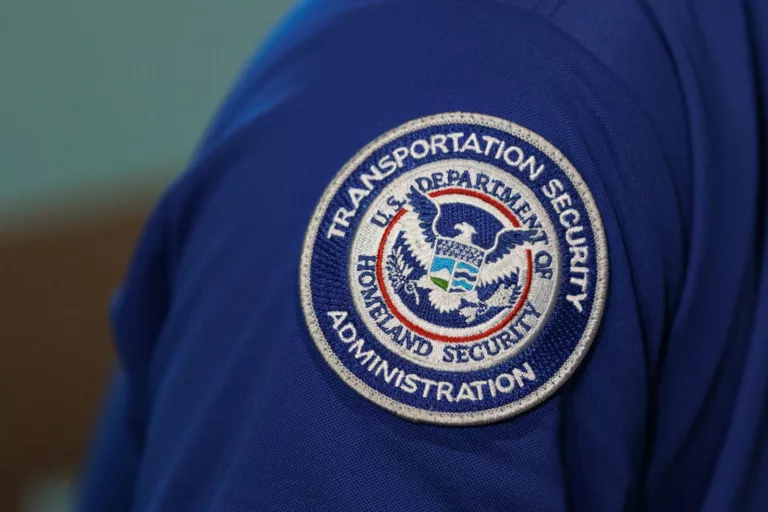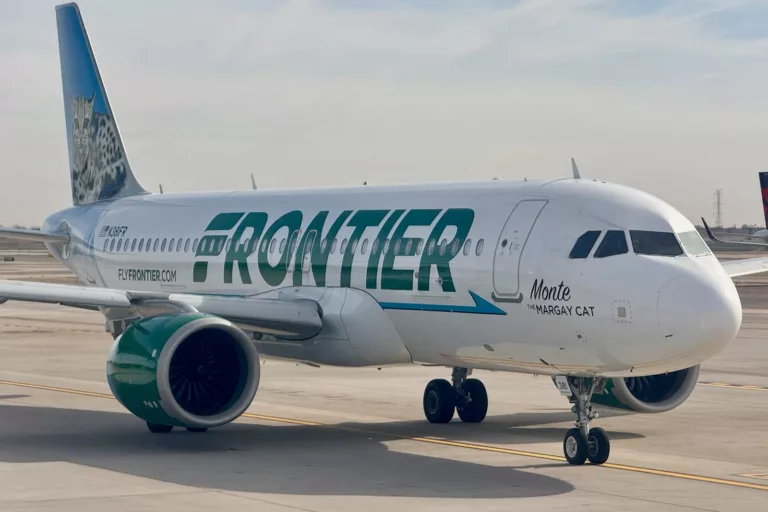Play Airlines Ceases Operations, Leaving Travelers in Limbo
Iceland’s low-cost carrier, Play Airlines, has abruptly ceased operations, effective immediately. The airline, which began its journey four years ago, struggled to achieve profitability and has faced mounting challenges in recent months, including declining ticket sales and negative media coverage.
In an official statement, Play’s board of directors cited weak performance as a primary reason for the shutdown. This news leaves many travelers without viable flight options, particularly those who had booked tickets with the airline.
To assist stranded passengers, Icelandair has announced it will add an extra round-trip flight between Keflavik Airport (KEF) and Copenhagen Airport (CPH) starting October 1. However, Icelandair has clarified that it will not be offering special fares for Play customers.
For those affected in the United States, Germany’s Condor Airlines is stepping in with “special rescue fares” for Play customers. These fares are available for flights between the U.S. and major European cities, including Berlin, Paris, and Prague, and will be offered until November 30. Condor operates flights from seven U.S. destinations, such as Boston Logan International Airport (BOS) and New York’s John F. Kennedy International Airport (JFK), although it does not serve Play’s last U.S. gateway, Baltimore/Washington International Thurgood Marshall Airport (BWI).
Travelers who booked flights with Play using premium credit cards, such as the Chase Sapphire Reserve®, may be eligible for compensation through their card’s travel insurance for any additional costs incurred while trying to complete their journeys.
Play Airlines was founded in 2021 by a group of former executives from Wow Air, which also went out of business in 2019. Play’s business model mirrored that of Wow Air, offering low-cost, no-frills airfare with additional fees for services like seat selection and onboard refreshments on transatlantic flights through Iceland.
In a previous interview, Birgir Jonsson, Play’s first CEO, acknowledged the similarities between Play and Wow Air but insisted that the new airline would not repeat the mistakes of its predecessor. He emphasized that Play would grow at a measured pace, and under his leadership, the airline’s fleet expanded slowly, peaking at just ten Airbus A320neo-family aircraft.
However, the landscape of transatlantic travel has evolved since the days of Wow Air. Major airlines have emerged from the pandemic offering basic economy fares that still include many of the perks associated with full-service carriers. This shift has made it difficult for low-cost airlines like Play to attract budget-conscious travelers. The rise of new aircraft models, such as the A321XLR, has also opened up routes to smaller cities on both sides of the Atlantic, diminishing the necessity for a layover in Iceland.
In a bid to turn its fortunes around, Play introduced a revised business plan in 2024, focusing on connecting Iceland to leisure destinations in Europe rather than relying heavily on transatlantic traffic. In June, the airline announced it would end all transatlantic flights and exit its three U.S. destinations — BWI, BOS, and New York Stewart International Airport (SWF) — by October.
Play’s final scheduled flight from the U.S. was set for October 24 from BWI, which was also its inaugural U.S. destination. However, the airline’s unexpected closure means that all flights are now canceled, effective immediately.
As travelers navigate the fallout from Play Airlines’ sudden shutdown, it is essential to stay informed about alternative options and potential compensation avenues. Those with premium credit cards should explore their benefits, while others may need to consider booking with other airlines to reach their intended destinations.
In summary, the closure of Play Airlines serves as a reminder of the volatility within the airline industry, particularly for low-cost carriers. Travelers should remain vigilant and adaptable as they seek new arrangements in the wake of this unexpected development.







